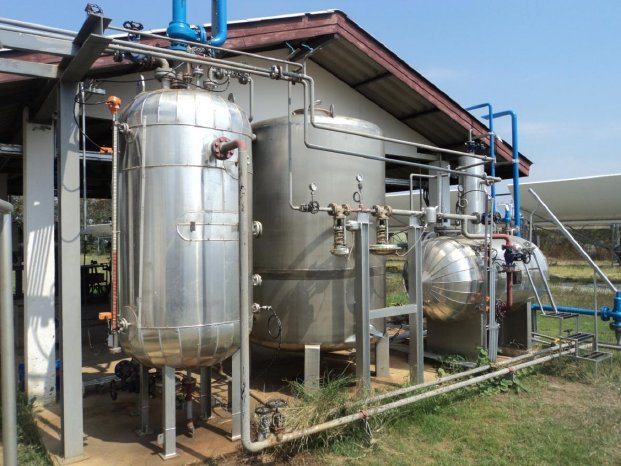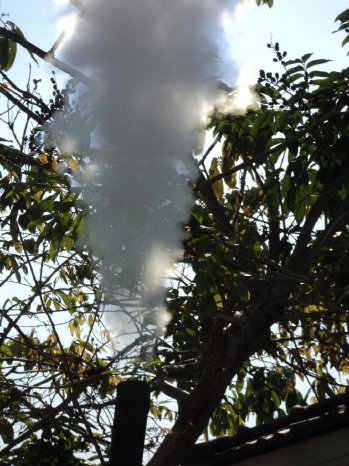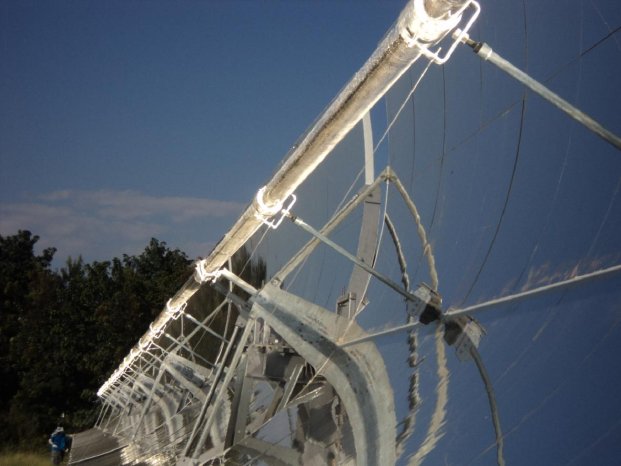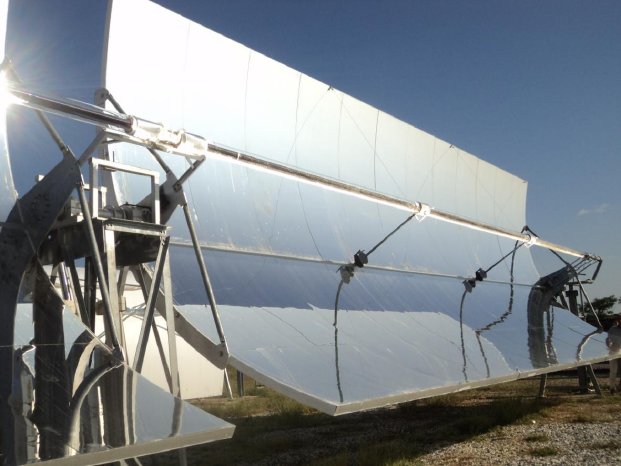The TRESERT project demonstrates how an innovative technology can provide a decentralized supply of electricity, heating and refrigeration in Southeast Asia.
The goal of the BMU-sponsored project is to raise awareness of green technologies in the region, and the use of low-temperature turbines and absorption cooler is a technical innovation that has tremendous marketing potential. In fact, training and information initiatives are underway to help spread the technology in an effort to tap and further develop its CO2 -reduction potential. In addition, comprehensive testing and research are also being conducted as part of the project. The software used to design the layout of the power plant and calculate its cost effectiveness was developed in cooperation with the German Aerospace Centre.
Dr. Joachim Krüger, CEO and founder of Solarlite GmbH, notes: "Projects like TRESERT are the right approach to finding a long-term solution to energy problems in the rural areas of Thailand. Working with the SERT was absolutely terrific and provided the infrastructure and contacts we needed to successfully market the TRESERT project."
An innovative combination of tried and tested components
The entire system is built from Solarlite SL 2300 and SL 4600 parabolic trough collectors for steam generation, turbines for energy production, and an absorption cooling machine for air conditioning. A biomass boiler was integrated as a back-up solution in order to keep the operating temperature stable. The system produces a total thermal output of 500 kW and up to 50kW of electrical output from the low-temperature turbine. The absorption cooling machine generates 105 kW from the waste heat for cooling. An additional 224.25 kW of heat output is available to heat water. In total, the system offers three (representing the TRE in the TRESERT name) major benefits: It supplies electricity, hot water and air conditioning. This results in much greater use of solar radiation and much more efficiency in power plant operations.
A cost-effective solution for supplying regions without a grid connection
TRESERT harnesses local, green energy sources in its solution to the challenge of providing a safe and clean power supply to less developed regions of Southeast Asia. Although solar radiation can be used for free, the technology is subject to variations in seasonal and weather conditions. As for biomass, it is generally locally available. When combined, these two sources of energy form a green, CO2-neutral energy supply.
Moreover, Solarlite is using this green energy production technology to raise awareness in emerging countries of environmental and climate change issues. A reliable supply of low-cost energy will make it possible to improve the living conditions of local electricity consumers, strengthen the economy and create new jobs from that growth.
Growing energy needs Electricity consumption in Thailand rose steadily between 2000 and 2009, and experts say that it will remain high in the coming years. According to projections by Egat (Electricity Generating Authority of Thailand), Thailand can expect an annual increase of 5.5% in electricity use. In response to this projection, the government is pushing for more energy efficiency measures and continued development of production capacities. The Thai government's goal is to show leadership in the area of renewable energies and cut CO2 emissions by at least 15% by 2018.
TRESERT is a positive example of an efficient, decentralized energy supply. The location of the School of Renewable Energy Technology (SERT) makes it possible to present the innovative power plant technology to a wide international audience of experts. Greenhouse gas emissions are also monitored as part of the project. The result: TRESERT achieves annual CO2 reductions of 180 t/year.




